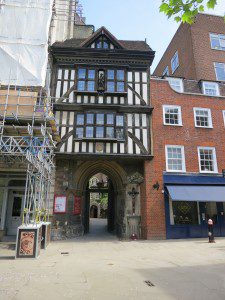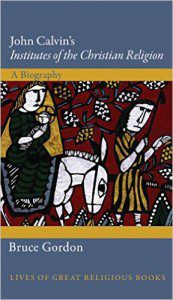I am several months late on this topic, but bear with me. Robert Eggers’s film The Witch is now available on DVD, and I finally got the chance to see it. It is one of the truly great horror films, no argument, but it is also an astonishing piece of historical reconstruction. The Witch is set in 1630s New England, and there is a great Telegraph review here. Approaching it, I speak as a long-standing aficionado of horror films, literally... Read more















